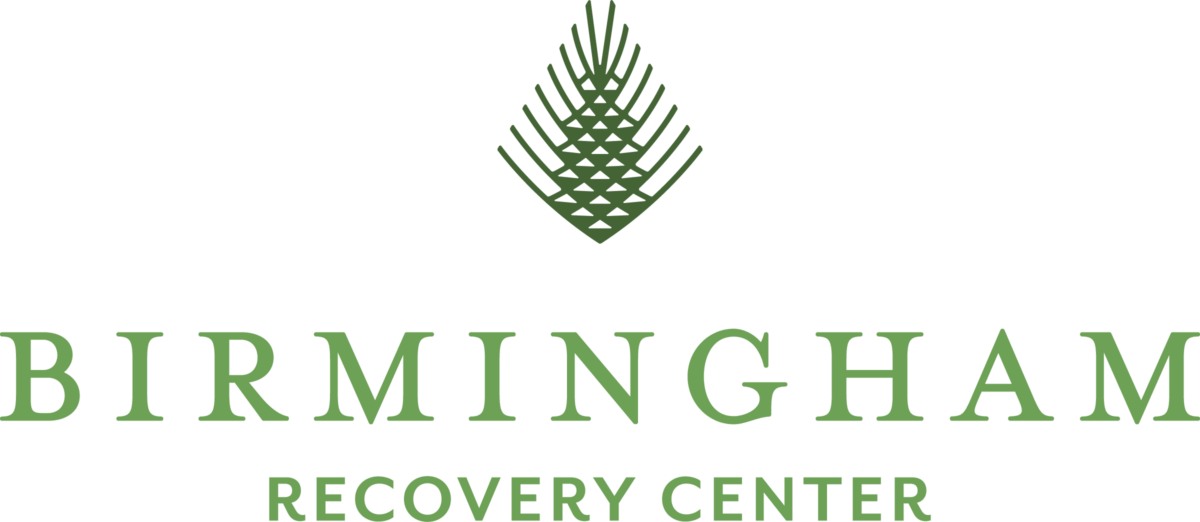Dual Diagnosis Treatment Centers in Alabama
According to the National Institutes of Health (NIH), 7.7 million American Adults have experienced a co-occurring mental health and substance use disorder. Of the approximately 20 million adults with a substance use disorder, 37.9% of them also had a mental illness occurring simultaneously. Of the 42 million adults with a mental illness, 18.2% of them had a dual diagnosis disorder.
As you can see, a co-occurring disorder, which is often referred to as a dual diagnosis, is common in those with substance use disorders and mental illnesses. It can be difficult to determine which came first — the substance use disorder or the mental illness — which is why it has become so imperative for mental health professionals and addiction specialists to treat both conditions at the same time for optimal results. At Birmingham Recovery Center. we offer comprehensive dual diagnosis treatment in Alabama to help individuals find the strength to heal from addiction and mental health.
We’re Here To Help 24/7
How Common is a Dual Diagnosis Disorder?
According to a study by the National Survey on Drug Use and Health, 45% of Americans suffer from a dual diagnosis disorder. In addition, those who regularly abuse drugs and alcohol are more likely to develop a co-occurring or dual diagnosis disorder. A mental health disorder can induce drug addiction or alcoholism, and addiction can bring about a mental health issue. It’s estimated that more than 17 million young adults over the age of 18 have had a severe mental health disorder in the previous year and 23 perfect of the same population abused substances.
Services Offered at Our Dual Diagnosis Treatment Centers in Alabama
At our dual diagnosis treatment centers in Alabama, clients may receive care through one or more of the following programs:
- Detoxification: Detoxification, or detox, can be essential for people who have been unable to end their substance use due to the pain of withdrawal. In our detox program, clients can receive medical and therapeutic support to manage withdrawal symptoms and safely rid their bodies of addictive substances.
- Partial hospitalization program (PHP): The PHP at our dual diagnosis treatment centers in Alabama may be the ideal level of care for adults who need full days of structured clinical services, but whose symptoms are not severe enough to require round-the-clock care. When PHP is not in session, participants can return to their homes or to alternative supported residences.
- Intensive outpatient program (IOP): Our IOP offers partial days of treatment a few days each week. When our IOP is not in session, participants may work part-time, attend classes, or pursue volunteer opportunities. This schedule allows participants to practice their symptom management and relapse prevention skills in a real world environment. When our IOP is back in session, they can process their experiences and receive focused guidance from skilled professionals.
- Outpatient rehab: Outpatient rehab provides maximum opportunities for adults to engage in a full and independent life while still benefiting from a structured connection to personalized care. After completing one of our other programs, clients may transfer to our outpatient rehab program for step-down support as they make a successful transition out of treatment.
Within these programs, clients who receive care at our dual diagnosis treatment centers in Alabama may benefit from the following services:
- Holistic therapy: At Birmingham Recovery Center, we understand that mental health disorders and addiction can impact all parts of a person’s life. Our holistic approach to dual diagnosis treatment incorporates a variety of time-tested therapies and emerging, research-supported methods to help our clients achieve true healing in mind, body, and spirit.
- Family programming: When a person struggles with mental illness and addiction, their close friends and family members may also be impacted. When the individual gets dual diagnosis treatment, their loved ones can play an important role in their recovery. Our family programming includes a dynamic array of services to help loved ones process their experiences, develop healthier relationships, and learn how to best support each other.
- Aftercare planning: Recovering from a mental illness and a substance use disorder is a long-term process. Before a person completes their care at our dual diagnosis treatment centers, their team will develop a customized aftercare plan to guide their continued progress. We want to be sure that all clients are connected with the organizations, providers, and services that will support them in the months and years to come.
To learn more about any of these programs and services, please feel free to contact us at your convenience. As we learn more about your unique needs and specific treatment goals, we’ll be better prepared to discuss how our programming can help you live a healthier and more satisfying life.
Begin Dual Diagnosis Treatment in Alabama Today
At Birmingham Recovery Center, our clients can start building a strong foundation of recovery even when they also struggle with mental health issues. They are provided the skills and support to end substance use while receiving the treatment needed to heal from mental illness. Through our experienced medical and therapeutic staff and multiple levels of care, we can tailor treatment to address everyone’s individual needs.
If you or someone you love struggles with substance use and mental illness, contact Birmingham Recovery Center right now. Our team of dedicated and devoted admissions professionals will answer all your questions and discuss how your journey to healing can begin today.










